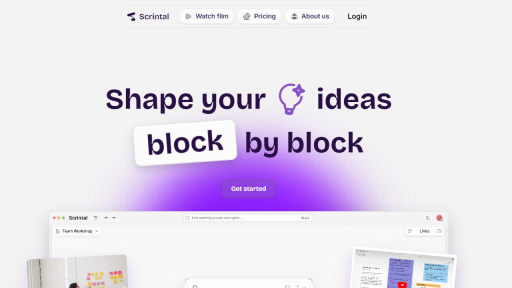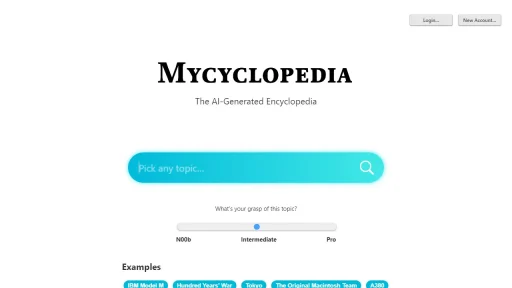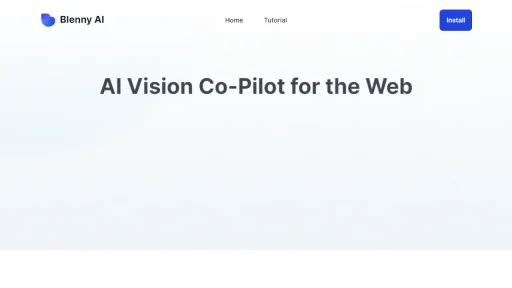What is Unity?
Unity is a powerful and versatile game development platform that allows developers to create interactive 2D and 3D experiences across multiple platforms, including PC, consoles, mobile devices, and virtual reality. Launched in 2005 by Unity Technologies, it has evolved into one of the most popular game engines in the industry, supporting both indie developers and large studios alike. Unity provides a comprehensive suite of tools and services that empower creators to bring their visions to life, from initial concept to final product. With its user-friendly interface, extensive asset store, and a robust community, Unity simplifies the development process while offering advanced capabilities such as real-time rendering, physics simulation, and animation systems. The engine supports C# programming, enabling developers to write scripts that control game behavior and interactions. Unity’s cross-platform capabilities ensure that games can be deployed seamlessly across different operating systems and devices, reaching a broader audience. In addition to gaming, Unity is also utilized in simulation, training, and architectural visualization, making it a versatile tool for various industries.
Features
- Cross-Platform Development: Create games for multiple platforms, including PC, consoles, mobile, and VR, with a single codebase.
- Asset Store: Access a vast library of assets, tools, and plugins created by other developers to enhance your game development process.
- Real-Time Rendering: Experience high-quality graphics and visual effects in real-time, allowing for immersive game environments.
- Integrated Development Environment (IDE): Utilize a comprehensive IDE with an intuitive interface that simplifies the workflow for developers.
- Multiplayer Support: Build and manage multiplayer games with built-in networking capabilities.
- Visual Scripting: Use tools like Bolt for visual scripting, enabling non-programmers to create gameplay mechanics without writing code.
Advantages
- Wide Community Support: Benefit from a large and active community that shares resources, tutorials, and forums for troubleshooting.
- Frequent Updates: Enjoy regular updates and new features that keep the engine up-to-date with the latest industry standards.
- Scalability: Develop projects of any size, from small indie games to large-scale commercial projects, without limitations.
- Learning Resources: Access a wealth of learning materials, including documentation, courses, and online tutorials, suitable for all skill levels.
- Asset Management: Easily manage assets with a built-in asset pipeline that supports collaboration among team members.
- Cost-Effective: Use a free version with extensive capabilities, with additional features available through a subscription model for advanced needs.
TL;DR
Unity is a leading game development engine that enables the creation of interactive 2D and 3D games across multiple platforms with a wide array of tools and community support.
FAQs
What platforms can I develop for using Unity?
You can develop for various platforms, including Windows, macOS, Linux, iOS, Android, PlayStation, Xbox, and virtual reality devices.
Do I need programming skills to use Unity?
While programming skills (specifically in C#) can enhance your capabilities, Unity also offers visual scripting tools like Bolt, allowing non-programmers to create gameplay mechanics.
Is Unity free to use?
Yes, Unity offers a free version with many features; however, there are subscription options available for professional use with additional features and services.
What types of games can be made with Unity?
Unity is suitable for creating a wide range of games, including 2D and 3D games, simulations, AR/VR experiences, and educational applications.
How can I learn Unity?
There are numerous resources available for learning Unity, including official documentation, online courses, tutorials on platforms like YouTube, and community forums.









